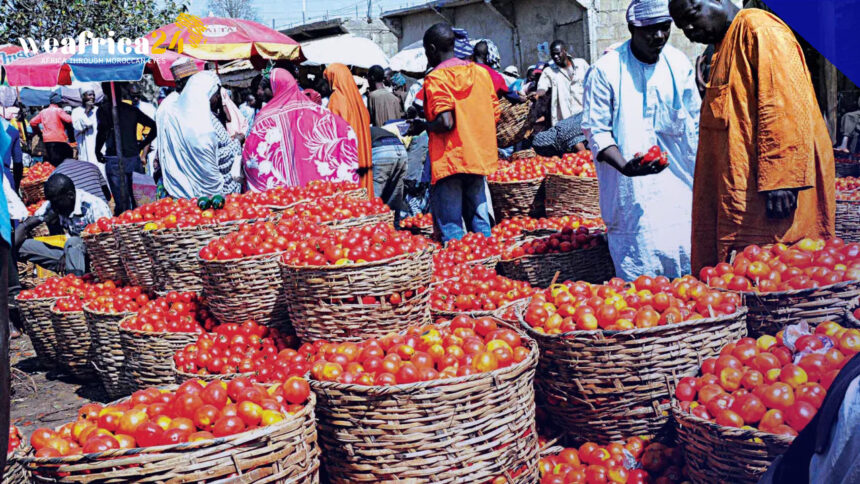In a poignant reflection of Nigeria’s current economic landscape, a notable transformation is underway in the traditional fabric of familial support. The time-honored practice of accommodating and nurturing young relatives alongside one’s children is witnessing a gradual decline, echoing the strains inflicted by the soaring cost of living.
The once-generous spirit of Nigerian households, which extended to assisting extended family members, particularly those facing financial hardships, is now yielding to the harsh realities of constrained purchasing power. The palpable effect of this shift is a discernible reduction in living standards, prompting a newfound frugality in expenditure among Nigerians.
Economic pressures have compelled households to explore innovative means of trimming expenses, and among these adaptations is a reluctance to adopt or host close relatives, or even the return of those previously under their care. Whereas in the past, families would readily extend their support network to include relatives, today’s economic climate renders such gestures financially untenable.
For many, the prospect of accommodating an additional member is akin to inviting financial peril into their already precarious circumstances. This sentiment is poignantly captured by Mrs. Amanda Odudu, a seasoned fashion designer, who laments the return of her daughter after six years spent with her niece.
“Last month, my niece delivered the unexpected news that my daughter, who had resided with them for six years, would be returning home. What I initially perceived as a jest swiftly materialized into reality as I found her standing at my doorstep the following day.”
The decision to repatriate Mrs. Odudu’s daughter stemmed from her niece’s husband, who voiced concerns regarding the harsh economic realities gripping the nation. This anecdote underscores the ripple effects of Nigeria’s economic challenges on familial dynamics, compelling individuals to make difficult choices in the face of financial strain.
As Nigerians navigate the intricate maze of economic adversity, the traditional bonds of familial solidarity undergo a profound evolution. Yet, amidst the prevailing hardships, resilience emerges as families adapt to preserve their livelihoods while grappling with the shifting sands of economic fortune.







